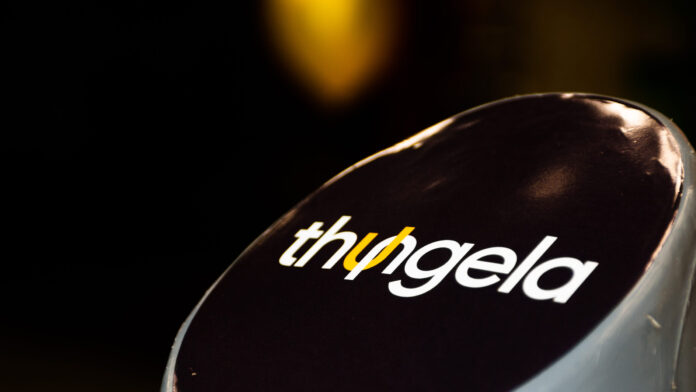
THUNGELA Resources reported higher-than-forecast operating costs at its coal mines for the year-to-date (end-May) owing to production disruptions.
Heavy rains disrupted production at Isibonelo and Khwezela open cast mines in South Africa while Ensham, its Australian mine, ran into geological difficulties, as previously disclosed by Thungela. For the interim period ended June 30, Ensham’s export saleable production could be as much as a quarter lower, about 500,000 tons, it said.
Thungela’s cost per export ton including royalties from South Africa is forecast to be “marginally above” the firm’s upper end of guidance of R1,220 to R1,300 per ton. It has retained guidance for the full year, however. Guidance of R1,650 to R1,780/t for the Ensham mine would also be exceeded although Thungela did not provide details.
The outcome is likely to be a deterioration in cash generation partly driven by lower export prices out of South Africa. Net cash as of end-June 2025 is expected to be between R5.9bn and R6.1bn compared to net cash of R8.7bn as of December 31. Thungela shares were nearly 3% weaker in Johannesburg.
One positive light, however, was an improvement in export volumes from Richards Bay which Thungela said was owing to a better performance from Transnet Freight Rail (TFR), the state-owned rail and ports company.
TFR moved 55.5 million tons (Mt) from January to May, 17% higher year-on-year owing to fewer security related issues. There was also an improvement in locomotives performance as a result of additional locomotives on the North Corridor coal line. A signalling project would yield further improvements next year.
Meanwhile, Thungela also announced that it would begin restructuring at its Goedehoop and Isibonelo mines as they were nearing their end of their economic lives. “As a result, we have commenced with a restructuring process at these operations,” said Deon Smith in his CFO’s pre-close statement for the six month period.
Smith said there had been downward pressure in the international coal markets. This was a result of the global economic slowdown and high stockpiles, especially in India and China. As much as 50Mt of production from Indonesia was lossmaking.
These factors were reflected in pricing. The average realised export price for coals sold via Richards Bay Coal Terminal year-to-date was $78.37/t, 14.4% lower than the average price last year of $91.56/t. Fixed contracts for Thungela’s Australian production resulted in a higher-than-market export price, although the firm said these could be adjusted lower in terms of customer agreements.
Commenting on the coal market outlook, Smith said volatility was the name of the game. Tariff increases leading to instability in global trade had disrupted key economies and constrained global economic growth and energy markets. “Ongoing conflicts in Eastern Europe and the Middle East continue to disrupt the supply chain universe and contribute towards the volatility in commodity prices,” he said.







